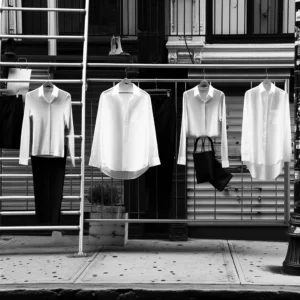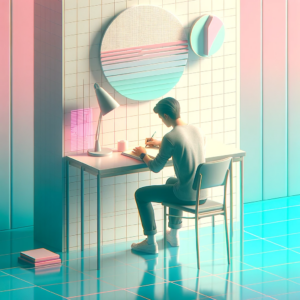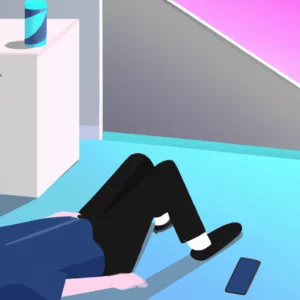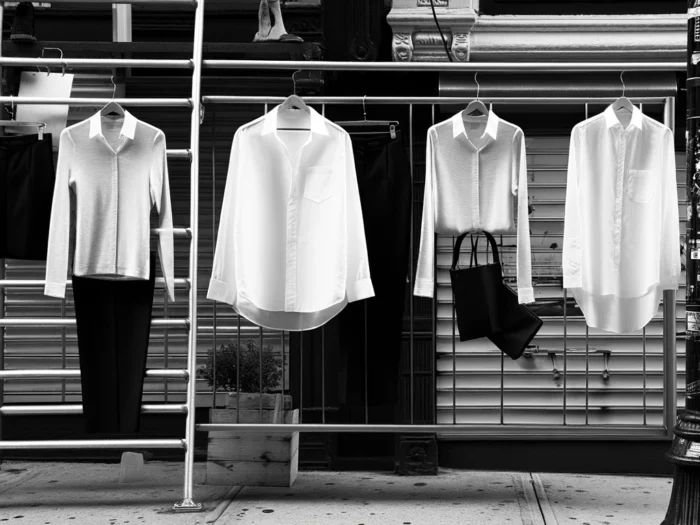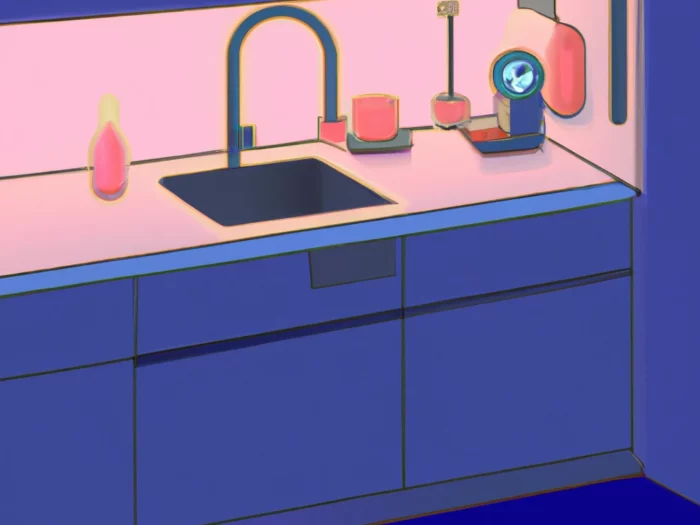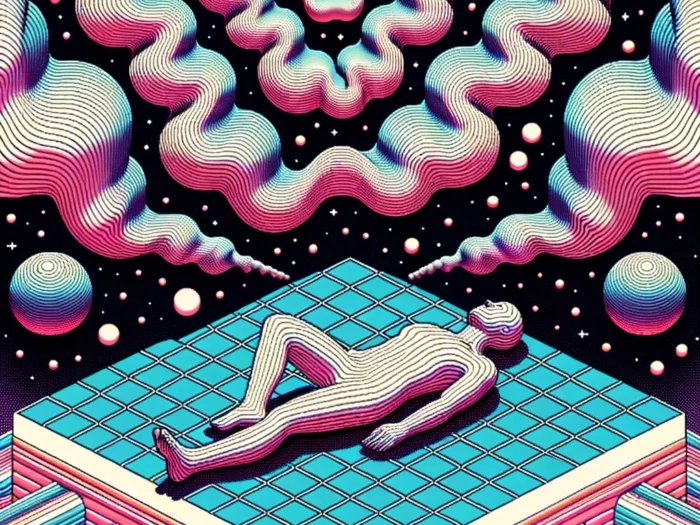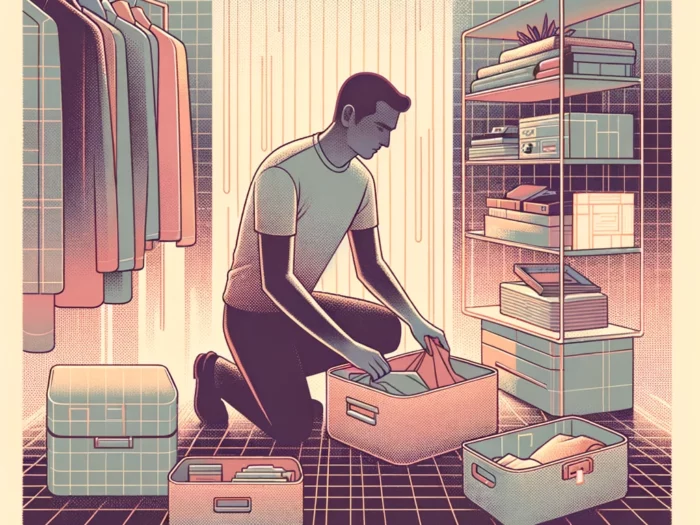
You don’t need shiny new modern things to be a minimalist. In fact, as long as what you have is functional, you really don’t need new stuff at all. You simply need to practice taking care of what you have.
You heard it when you were young. Somebody told you to take good care of a toy, a musical instrument, or a car. It might have felt like a lecture then, but taking care of what we own is a minimalist trait.
Minimalists try to limit how many material items we own. But that doesn’t mean we shouldn’t care for what we already have. In fact, taking care of the things we already own will make them last longer. Then we can buy less in the long run.
Are You Taking Care Of Your Stuff?
Take some time to review how well you’re taking care of the things you own:
- Have you done routine maintenance on your car?
- Do you keep up with your home repairs?
- Have you kept your digital devices updated?
- Do you treat your leather goods?
- Have you cleaned what needs cleaned?
- Do you paint what needs painted?
I used to hate the old lecture about taking care of my stuff. But those are wise words for a minimalist to follow. You won’t need more stuff if you simply take care of what you already own.
Practice Appreciation
Taking care of what we own also helps us to appreciate what we already have. It teaches us that our material needs are relatively few if we simply focus on quality and care.
Do you appreciate the things that you have? Will you keep them instead of updating them every time a new model comes out? That’s part of what it takes to be a minimalist in a maximalist world: To take care and appreciate the few things we find valuable.





